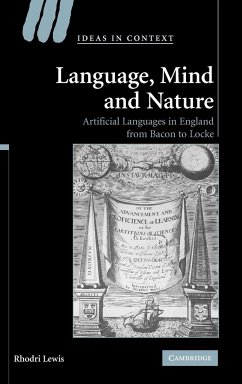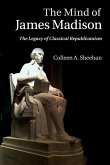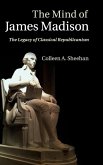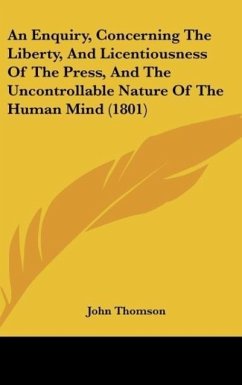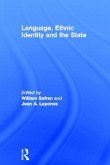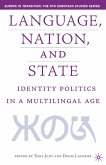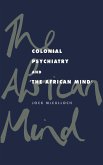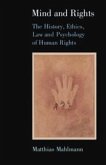In the attempt to make good one of the desiderata in Bacon's Advancement of Learning, a cohort of philosophers, scientists, schoolmasters, clergymen and cranks attempted to devise artificial languages that would immediately represent the order of thought, held both directly to represent the order of things and to be a universal characteristic of the human mind. Language, Mind and Nature fully reconstructs, for the first time, this artificial language movement in seventeenth-century England. In so doing, it reveals a great deal about the beliefs and activities of those who sought to reform learning in the early modern period. Artificial languages straddle occult, religious and proto-scientific approaches to representation and communication, and suggest that much of the so-called 'new philosophy' was not very new at all. This study breaks new ground within its field, and will be of interest to anyone concerned with intellectual or linguistic history during this period.
Hinweis: Dieser Artikel kann nur an eine deutsche Lieferadresse ausgeliefert werden.
Hinweis: Dieser Artikel kann nur an eine deutsche Lieferadresse ausgeliefert werden.

